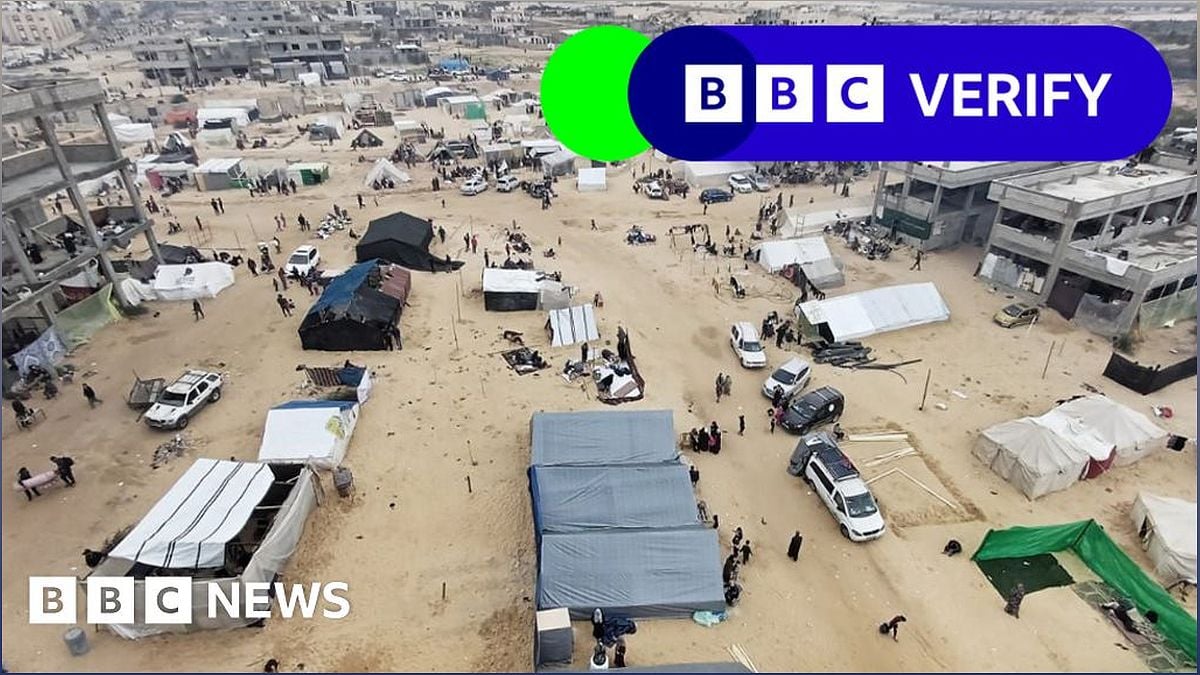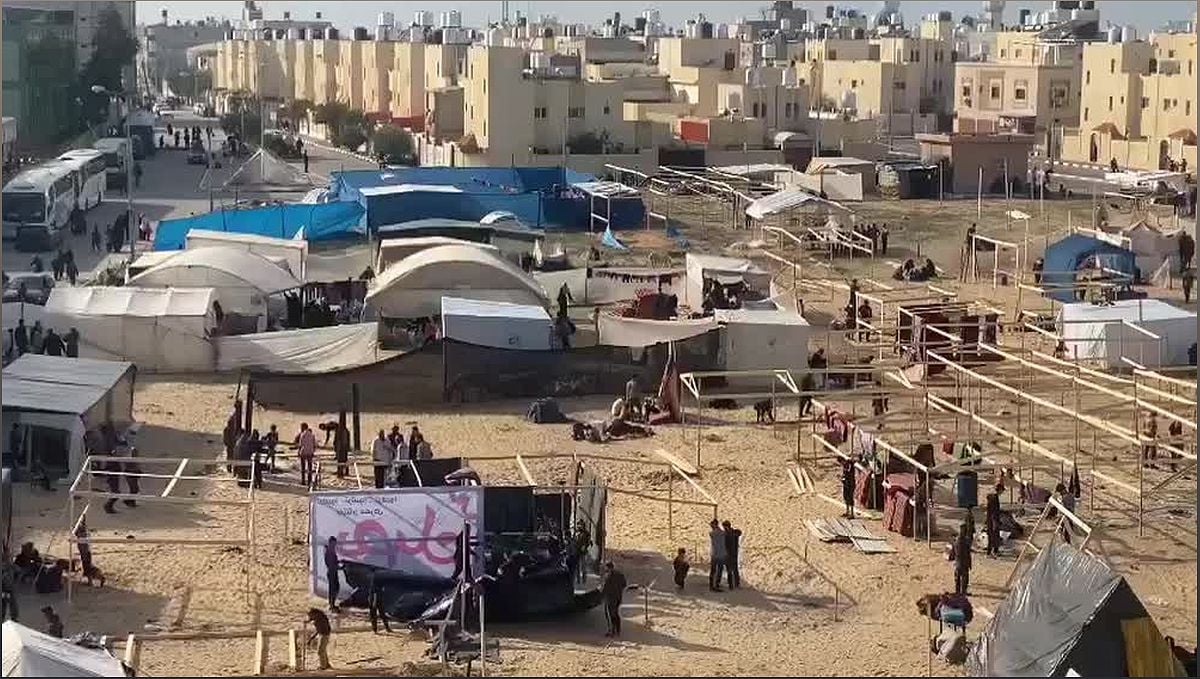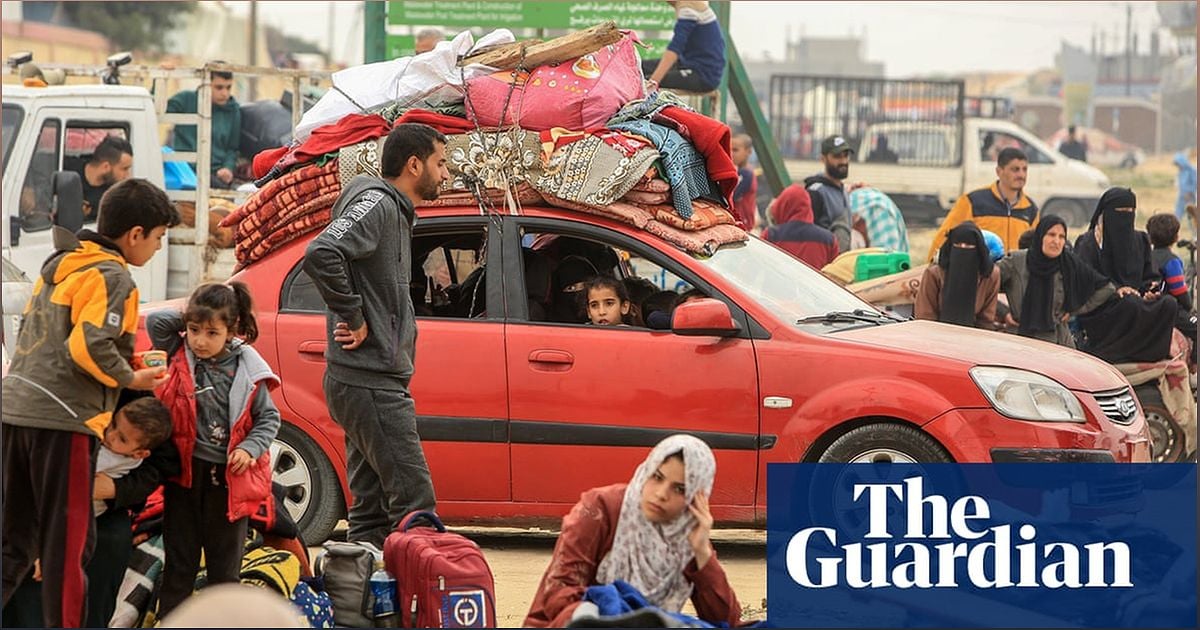The Harsh Reality of Al-Mawasi: A Struggle for Basic Necessities in Gaza
In the midst of Israel’s military offensive in Gaza, civilians have been advised to seek refuge in Al-Mawasi, a designated ‘humanitarian zone.’ However, the reality on the ground is far from ideal. Reem Abd Rabu and many others have been displaced, only to find themselves in an area lacking basic services like water and electricity. The constantly changing instructions and limited infrastructure have caused confusion and increased health risks for the vulnerable population. International agencies, including the WHO and the United Nations, have raised concerns about the viability and safety of these zones. Explore the harsh reality faced by the people of Al-Mawasi as they struggle for their most basic needs amidst the chaos of war.
The Urgency of Seeking Refuge
Amidst the chaos and destruction of the military offensive in Gaza, civilians have been advised to seek refuge in Al-Mawasi, a designated ‘humanitarian zone’. The urgency of finding a safe haven cannot be overstated, as the conflict continues to escalate.

With nearby houses being bombed and the constant threat of violence, Reem Abd Rabu and many others made the difficult decision to flee to Al-Mawasi. However, their hopes for safety and basic necessities were quickly shattered.
A Lack of Basic Services
Upon arriving in Al-Mawasi, Reem Abd Rabu and others were confronted with a harsh reality – the area was devoid of basic services. The lack of access to clean water and electricity posed significant challenges for the displaced population.

Despite being designated as a ‘humanitarian zone’ by the Israel Defense Forces (IDF), Al-Mawasi failed to provide the most fundamental necessities for survival. The absence of these basic services further exacerbated the hardships faced by the already vulnerable population.
Confusion and Changing Instructions
The IDF has repeatedly urged civilians to move to Al-Mawasi for their safety, but the instructions and designated areas have changed multiple times. This constant flux has caused confusion and uncertainty among the displaced population, making it difficult for them to find stability and security.

Mona al-Astal, a resident of Al-Mawasi, shares her frustration at the lack of clear guidance and the subsequent challenges it has posed. The ever-changing instructions have made it challenging for people to navigate their way through this already tumultuous situation.
Health Risks and Concerns
The overcrowding in Al-Mawasi, coupled with limited infrastructure and services, has raised significant health risks for the already vulnerable population. International agencies, including the WHO and the United Nations, have expressed concerns about the viability and safety of these humanitarian zones.
Mohammed Ghanem, who fled from northern Gaza, highlights the dire conditions in Al-Mawasi, emphasizing that it is neither humane nor safe. The lack of proper sanitation, clean water, and medical facilities has resulted in the spread of diseases, particularly among children.
